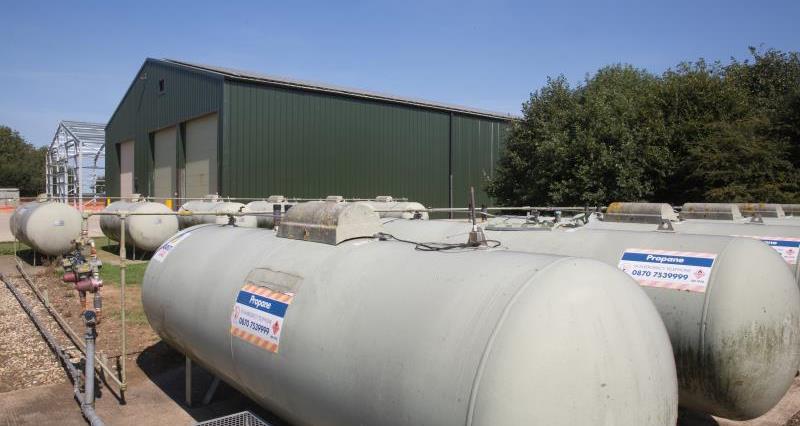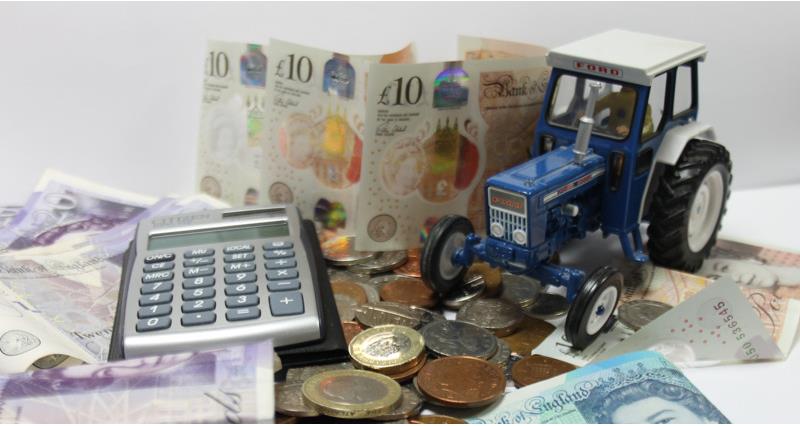Inflation is the rise in prices which generally occurs over time. The rise in prices is usually expressed in percentage terms on an annual basis (e.g. 5% per year). A rising inflation rate ultimately results in being able to buy less things over time.
The level of inflation in the UK is measured by the ONS (Office for National Statistics) which monitors the prices of a total of 700 items on a monthly basis. This is known as the CPI (Consumer Prices Index) and is the statistic that is often quoted in the press.
The UK's inflation situation
The current inflation rate has happened before; it was 8.4% in June 1991, before falling to 1.1% in April 2000 and stayed low until April 2021. However. the steep rise in inflation, driven by post-Covid supply side shortage and more recently, the war in Ukraine, has pushed energy and food prices to be currently at 7.9% in the 12 months to June 2023. Also, the UK has recently witnessed many strikes by public sector workers, as they have been offered pay rises well below the current inflation rate.
The current CPI rate for June 2023, compared with June 2022 is 7.9%, having fallen from 8.7% in May 2023. The fall in the price of petrol and diesel were the main drivers for the decrease.
There were no large offsetting upward contributions to the change in the rate. In fact motor fuels fell by 22.7%% in the year to June 2023, following a 13.1% fall in the year to May 2022. This is due to the price of Brent crude, which is a benchmark that the price of oil is measured against, falling from $125/bbl (barrels) in early 2022 to $79.60/bbl today.Ěý

Figure 1. Consumer Prices Index (CPI) since 2013.
Pain points in agriculture
Farmers have had input costs rise for key things that they need to run their businesses, in addition to dealing with the inflation on everyday items that everyone is experiencing. The latest Defra official data is to April 2023. The data for the majority of input costs has shown some reductions over the past twelve months, mainly in reference to fertilisers such as AN (ammonium nitrate). This is because the gas price, which is used in the production of AN, has fallen from above 400p/therm in 2022 to 102p/therm in April 2023. The price of gas is very volatile and is much more sensitive to price changes than other commodities like oil, due to weather or political events.
PPPs (plant protection products) show a 15% increase. Analysts point to continued pandemic production disruptions, labour shortages, shipping costs and delays along with increased demand as the main reason. Over 24 months, however, most categories show an increase due to the overall increase in prices across the board of 28.5%, placing strain on farmers’ businesses.
Buildings and maintenance represents the doubling of the iron price over the past two years (which is converted into steel) and associated labour cost increases associated with that maintenance. Feedstuffs will have been driven by the increase in the wheat price, which are predicted to fall in price.
Oil and gas prices which reached highs in 2021/22 are now easing due to the UK securing non-Russian supplies (particularly with diesel) and futures prices show a continuous fall going forward. This should be reflected moving forward in reductions in the cost of energy, lubricants and PPPs.
| Category | April 2023 (change over 12 months) | April 2023 (change over 24 months) |
| Total inputs | -4.3% | 28.5% |
| Maintenance - buildings | 3.9% | 28.4% |
| Seeds | -1.5% | 4.6% |
| Energy and lubricants | -0.7% | 58.2% |
| Fertilisers (nitrogenous) | -43.9% | 60.5% |
| Plant Protection Products | 15.3% | 27.0% |
| Straight Feeding Stuffs | -12.1% | 15.6% |
| Compound Feeding Stuffs | 3.9% | 39.1% |
| Veterinary Services | 3.7% | 5.0% |
Figure 2. Defra Agricultural Price Index – year and two years to April 2023.
Easing inflation for food and drink
The retail prices of food and non-alcoholic beverages have risen very sharply but rises appear to have peaked in March 2023, and the rate is beginning to fall. Food and non-alcoholic beverage prices rose by 17.4% in the year to June 2023, down from 18.4% in the year to May 2023. This is the highest overall level seen in over 45 years, according to indicative modelled estimates, which suggest it reached 21.9% in August 1977.

Figure 3. Food and non-alcoholic beverages inflation since October 2012 (annual % change)
Around half of adults are buying less food when food shopping in the past two weeks, according to the ONS. The largest downward contribution between May and June was from milk, cheese and eggs offset by sugar based products, reflecting the higher global sugar price.
| Ěý | Ěý | Ěý | Supply chain proportion | Ěý | Ěý | Ěý | Profit | Ěý |
| Product | Retail Price | Retailer | Processor | Farmer | Farmer % of retail price | Retailer | Processor | Farmer |
| 480g mild cheddar | 250p | 56p | 42.5p | 148p | 59.2% | 2.5p | 0.96p | 0.05p |
| 450g beef burgers | 350p | 142p | 103p | 90p | 25.7% | 7p | 1.6p | 0.1p |
| 800g white bread | 114p | 38.98p | 61.64p | 9.03p | 7.9% | 1.02p | 3.24p | 0.09p |
| Dessert apples x 6 | 220p | 105p | 31p | 76p | 34.5% | 2p | 3p | 3p |
| Carrots x 7 | 54p | 10p | 29p | 14p | 25.9% | 0p | 1p | 0p |
Figure 4. Breakdown costs, including what the farmer receives and profit of the retail price of five common products (source: Sustain).
We are aware of the July figures that came out on 16 August and will be updating the briefing going forward



